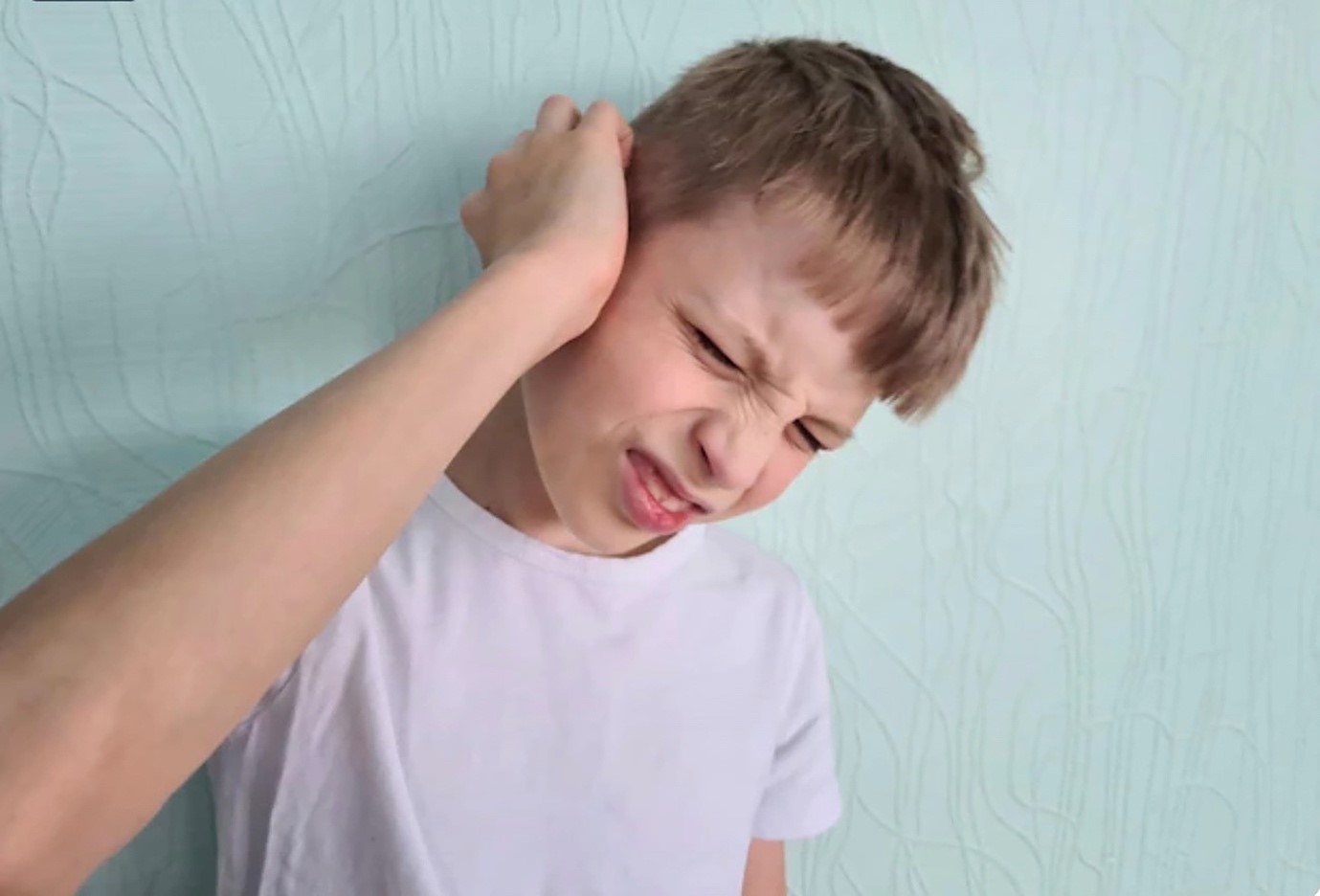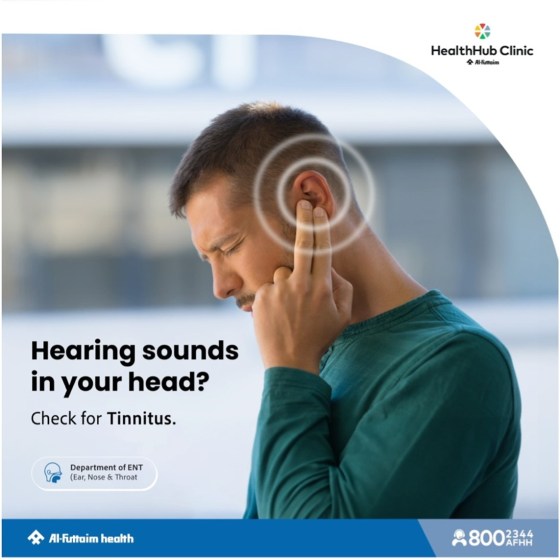
There’s an alarm bell ringing right now, and you wake up to shut it off.
But wait a minute, there’s no alarm clock and you just woke up at 4:00 am and… why is that ringing continuing in your head?
You might have to wake up to the fact that you have been experiencing ‘Tinnitus’, which is a persistent ringing, buzzing, or hissing sound in your ears that seems to be echoing inside your head! The strangest part of this disorder: You’re the only one who notices this pattern of noise inside your head, while people around you don’t.
Tinnitus simply put, is the experience of listening to sound from inside your ears and not from any external source. It currently affects nearly 15% of the world and is more commonly found among an ageing population.
In extreme cases if left untreated along with the onset of age and passage of time, it can end up affecting a person’s quality of life, leading to irritation and extreme mood swings, not to mention depression and attention deficiency disorders, which accelerates your level of stress.
What are the causes of tinnitus?
There are many diverse causes or issues that trigger tinnitus, and no two causes are ever the same. It affects individuals differently, and there may even be cases where the specific cause remains unknown. Here are some of the key causes of tinnitus:
Exposure to loud noise
Prolonged exposure to loud music and machinery, can damage the delicate hair cells in the inner ear leading to tinnitus. In fact, the World Health Organization shockingly reveals that currently about 50% of people between the ages of 12 and 35 are increasingly getting exposed to long and excessive periods of blaring music, more damagingly, their ear pods! Even a single traumatic event, like an explosion, can cause long term tinnitus.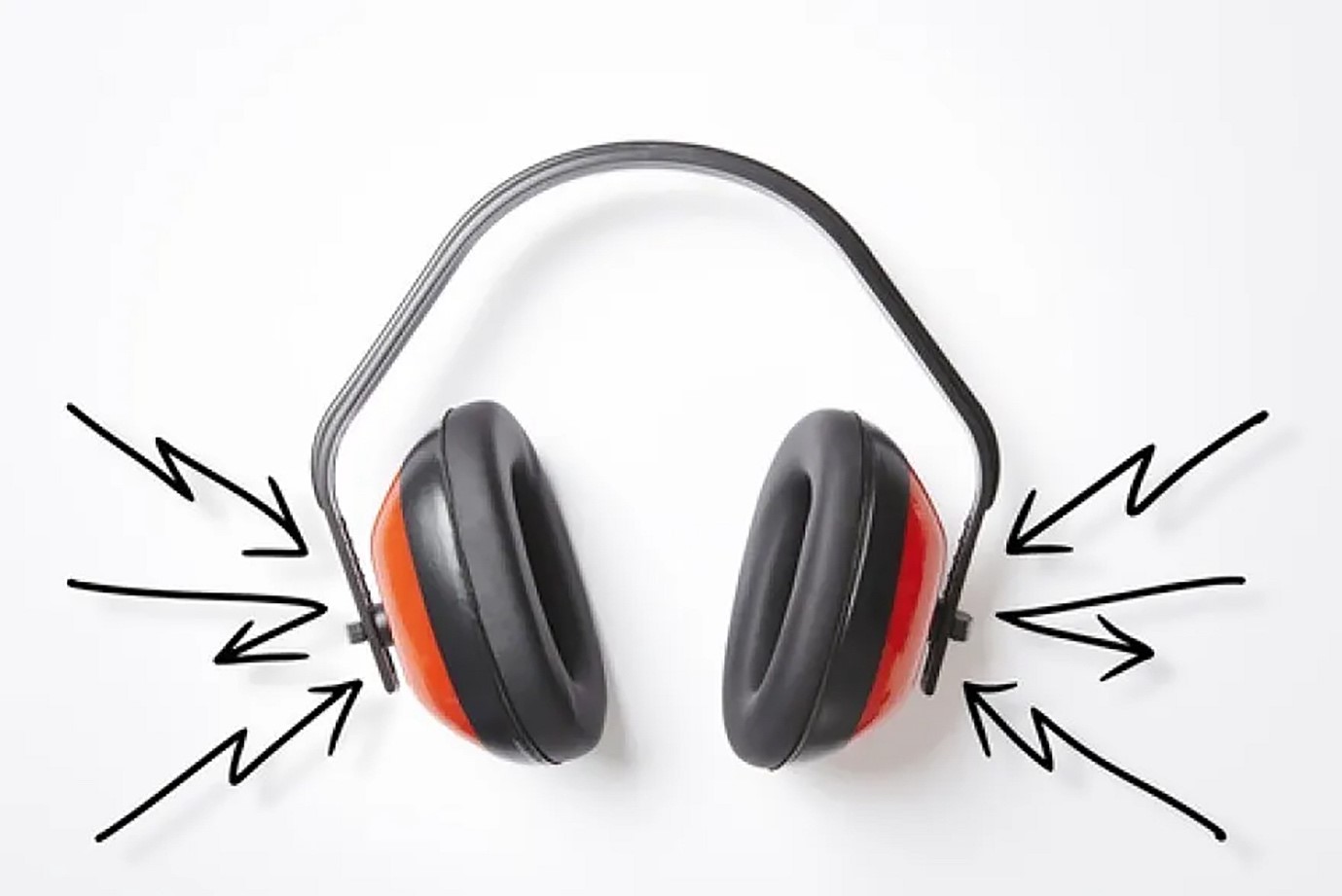

Occupational Tinnitus
Yes, there is such a thing which relates to sound hazards caused regularly on the job that result in tinnitus. We’re talking about those who fall prey to it, namely, carpenters, rock musicians, street-repair workers, landscapers and bomb diffusing experts. Even dentists are at increased risk for developing tinnitus given their exposure to high frequency drills.
Age-related hearing loss
As we age, the cells in our inner ear gradually deteriorate, which can result in tinnitus.Earwax blockage
Temperature fluctuations can cause a buildup of earwax that can obstruct the ear canal, leading to symptoms of tinnitus. Chief causes include blockages of the ear due to a buildup of wax, an ear infection, and quite rarely, a benign tumour of the nerve that allows us to hear (auditory nerve).
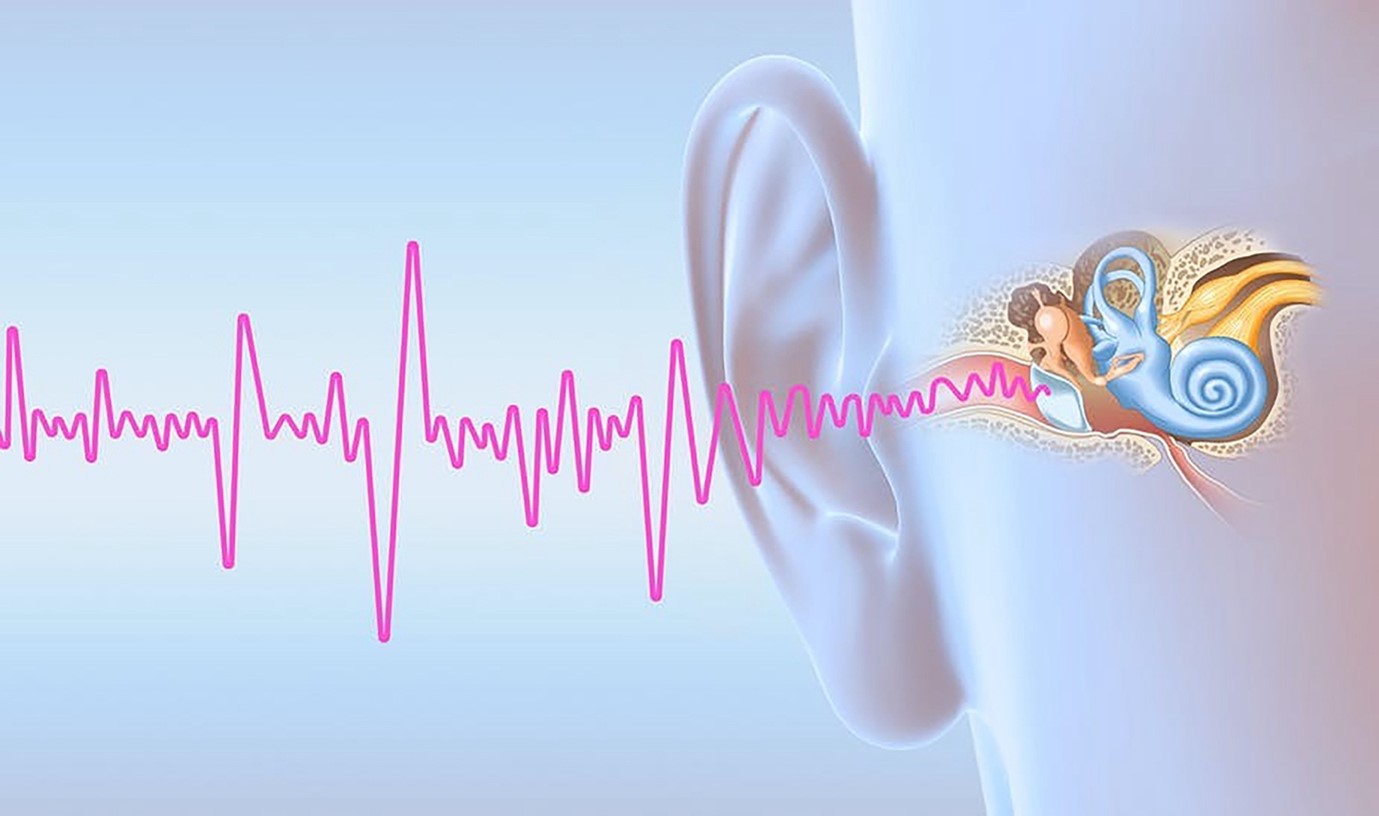
Powerful medications
Some drugs, such as antibiotics, anti-inflammatories, anti-depressants and high doses of aspirin, have been linked to tinnitus as a potential side effect. In fact, nearly 200 prescription and nonprescription drugs are known to cause the side effects of tinnitus, so strict caution and doctor’s recommendations are strongly advised.Medical conditions
Tinnitus is often caused by a range of diverse medical conditions. They include Meniere’s disease, (vertigo and head spins), that affects the inner part of the ear, high blood pressure, otosclerosis (a disease that results in stiffening of the small bones in the middle ear), cardiovascular disease, circulatory problems, anaemia, allergies, an underactive thyroid gland, lupus, rheumatoid arthritis and diabetes.
Injuries
Head or neck injuries and concussions that are often long-term, can directly affect your nerves, blood flow and muscles, leading to tinnitus.
They result in painful headaches, disorientation and memory lapses. Damage to the jaw and any of its muscles, ligaments, or cartilage can also lead to hearing complications.
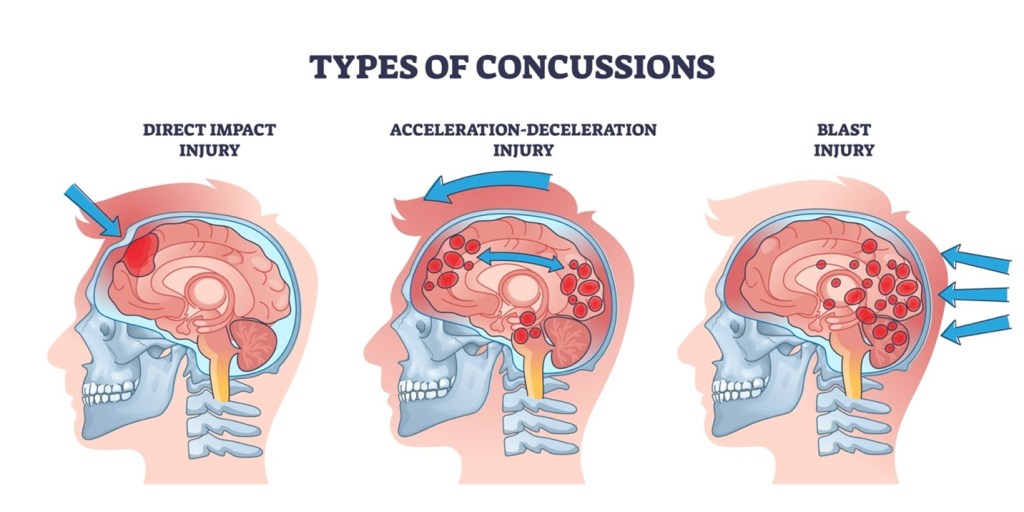
Tinnitus and treatment
Before we get to talking about tinnitus disease treatment, let’s examine two minor case histories of people who suffered from it and received the right corresponding treatment that helped them overcome it:
- Rebecca, a 40-year-old teacher of music, developed tinnitus after years of constant exposure to music and pitches. After studying her condition, sound therapy was the chosen solution that helped reduce her exposure to loud noise. She is now a successful teacher with a successful career.
- Abdullah, a retired 68-year-old soldier and army officer, suffered tinnitus due to an explosion while at war. The doctor’s suggestion apart from recommending hearing aids, was supported by careful counselling and social support groups. Abdullah has improved hearing and now enjoys a fuller life.

There’s no 100% cure to tinnitus, but here are 4 simple ways to treat it:
Sound therapy
When it comes to sound therapy for tinnitus, white noise machines, hearing aids, or specially designed apps can help mask or distract from the persistent tinnitus sounds, providing relief.Tinnitus Retraining Therapy (TRT)
This sound therapy for tinnitus aims to retrain the brain’s response to tinnitus sounds, gradually reducing their perceived importance.Cognitive Behavioral Therapy (CBT)
By providing patients with coping mechanisms and techniques, CBT helps them change their emotional and behavioral response to tinnitus, reducing its impact.
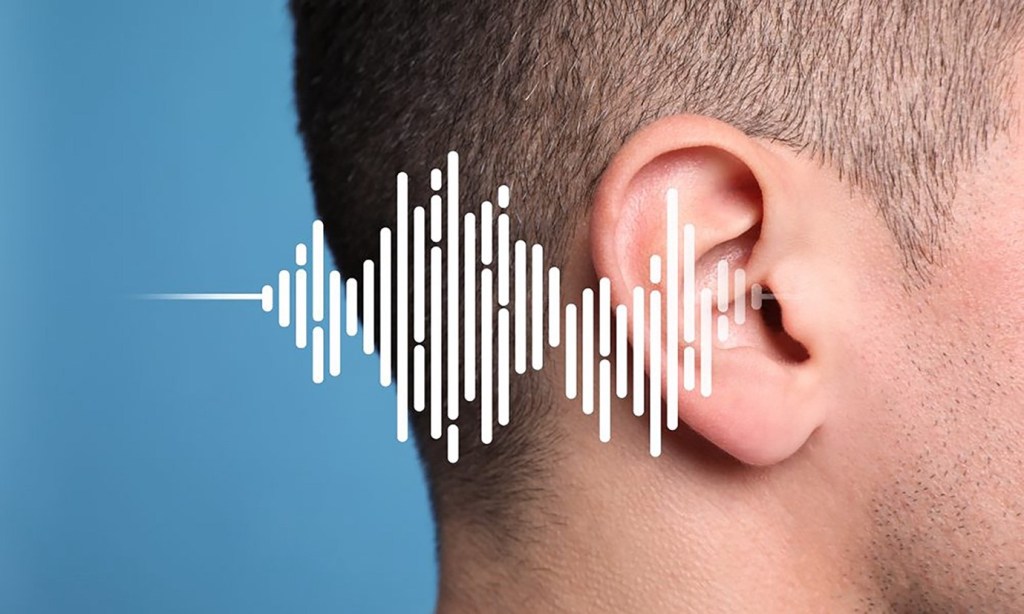
Medication
Certain medications (only advised by doctors and which have no side effects) could be prescribed which are also used to treat symptoms like anxiety or depression.
Relax and meditate!
Studies show that high levels of stress, common to today’s lifestyle can increase tinnitus. Probably the simplest solution to finding a tinnitus cure is to practice the art of meditation regularly every morning in your own private space…away from the noise. Try deep breathing, light stretch exercises and yoga to help you minimize its impact.
To know more about other remedies to help you treat tinnitus, do visit our more detailed blog.
Pardon the pun, but what tinnitus really requires is an eager ear. At HealthHub Clinics by Al-Futtaim, we really mean it when we say ‘We Hear You’, by studying not just the symptoms but the causes.
Our team of doctors can recommend customised treatment options, so don’t delay. Talk to our ENT specialists or our tinnitus doctors at HealthHub Clinics to find the right solution for your hearing issues. To know more or to book an appointment right away with any of our ear doctors, call 800 2344.


